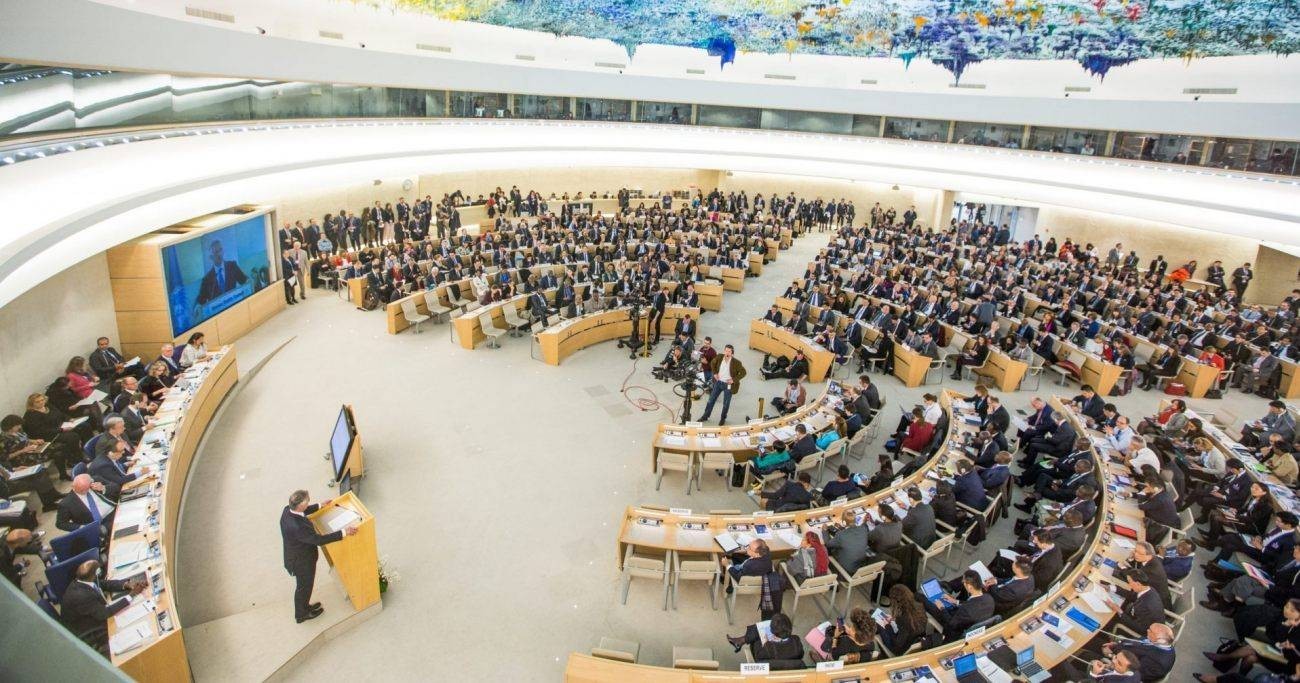საერთო ცხელი ხაზი +995 577 07 05 63


On 22 July 2022 the UN Human Rights Committee issued a set of conclusive recommendations on the state of civic and political rights in the country as part of the fifth periodic report on Georgia.
As outlined in the International Covenant on Civil and Political Rights, the Committee accepts reports once in every four years from the member states on the state of the protection of human rights, assess the existing situation and issues recommendations to be upheld before the next reporting period. As part of the fifth assessment cycle, the Committee, inter alia, reviewed the situation with regard to the protection of ethnic and religious minority rights.
The Human Rights Committee notes that even though the country has adopted the state strategy and respective action plans for civil equality and integration, the situation with regard to political participation and social integration of Georgia’s minorities, remains grave. In addition, the Committee reports that minorities continue to face significant linguistic obstacles which restricts their ability to enjoy civil and political rights guaranteed by the Covenant.
In light of these persisting problems, the Committee calls on the state to invigorate its efforts and adopt additional measures to protect the rights of minorities considering their specific needs. In this regard, the Committee recommends increasing representation of minorities in governmental and public administration bodies even as a temporary special measure. Another recommendation concerns the introduction of more effective measures for the teaching of the Georgian language especially for those groups who have limited or no access to Georgian language courses or reside in remote villages. The Committee believes that improving access of minorities to Georgian language learning opportunities will, in turn, improve their access to education, public services as well as their social integration. The Committee believes that minorities must be provided public information in a language that they understand in municipalities which are home to compact settelments of minorities.
The Committee highlights the instances of structural discrimination faced by religious minorities and expresses concerns with regard to disproportionally scarce funding allocated for the rehabilitation of worship and religious places. The report also mentions a 3 July 2018 ruling of the Constitutional Court of Georgia concerning discriminatory tax arrangements affecting religious organization. According to the report, the ruling is yet to be reflected in the country’s legal framework. The Committee touches upon the issue of the construction of a new mosque in Batumi and holds that protracting legal procedures have violated the freedom of religion. The Committee remains concerned over the practice of stigmatization, intimidation, and defamation of Muslim students in Georgia’s public schools.
Considering these problems, the Human Rights Committee calls on the state authorities to prevent the discrimination against religious minorities in law as well as in practice with regard to the distribution of financial resources, taxation and granting construction permits, ensure that religious diversity is respected and tolerated in public schools and take measures to laminate stereotypes on the ground of religion.
These recommendations concerning social and political integration of ethnic and religious minorities were included in an alternative report submitted by the Social Justice Center to the Committee in 2020. It is of utmost importance that the state authorities uphold these recommendations in order to improve the protection of political and civil rights of the country’s ethnic minorities. It is welcoming that the Committee has highlighted these issues in the fifth cycle of the assessment.
The website accessibility instruction